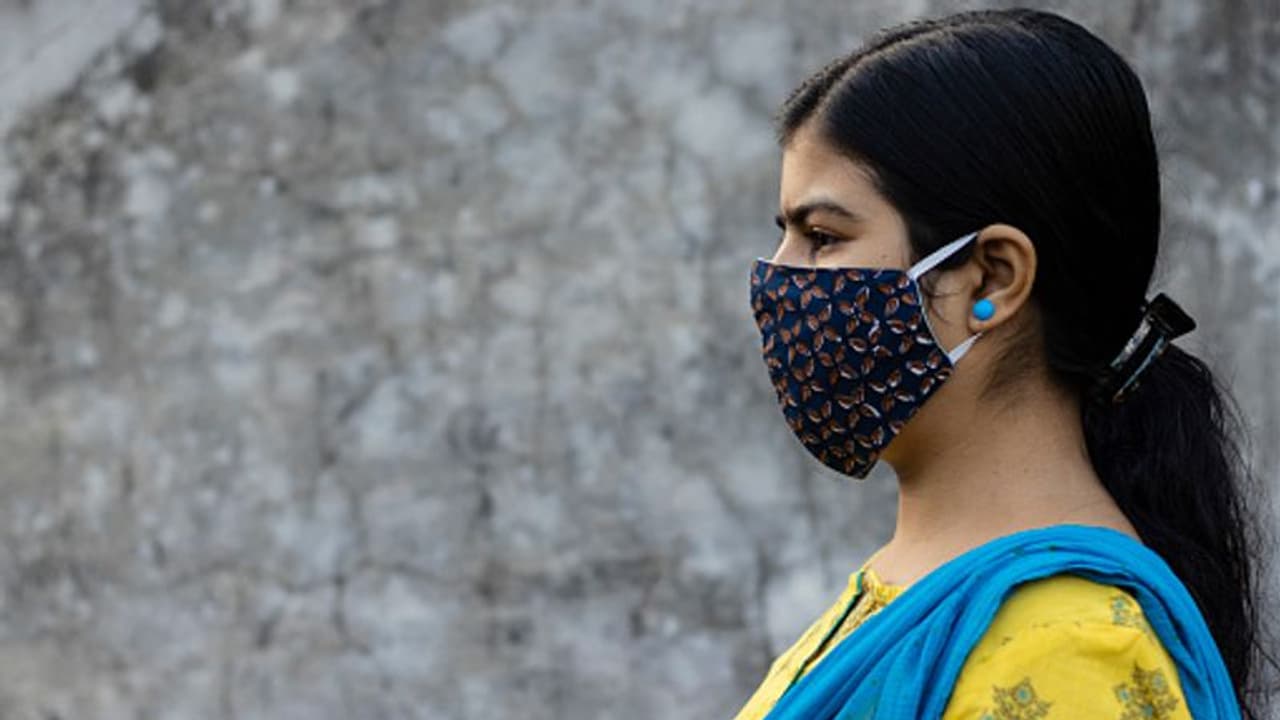When it comes to women’s health, we can classify it according to different groups, like cancers, gynecological health, systemic diseases, pregnancy related and general health including mental health.
When it comes to women’s health, we can classify it according to different groups, like cancers, gynecological health, systemic diseases, pregnancy related and general health including mental health.

Cancers: The most common cancers affecting women are breast, cervical, endometrial and ovarian.
Breast Cancer: Apart from the obvious lump in the breast look out for:
· Bloody discharge from nipple
· Retraction of nipple, flaking skin around nipple
· Erythema i.e., redness of skin of the breast, bruising look like red or purple or bluish tint
· Arm pit / underarm swelling because of lymph nodes being affected
· Skin texture change like thickening, Dimpling of skin (like an orange peel)
· Tenderness / painful breast or nipple area
· Size and shape changes of the breast
What you need to do:
Between:
· Age 20 - 30 years: Breast self-examination / awareness
· Age 31 - 40 years: Clinical examination by an oncologist every 6 months
· Age 41 - 55 years: Annual mammogram
· Beyond 55 years: Mammogram once in two years
Cancer Cervix: This cancer is common in women with promiscuous sexual activity with multiple partners and is caused by Human Papilloma Virus (HPV) which is sexually transmitted. We now have vaccines for this, and it will protect both the woman from getting cervical cancer at a later stage, and the men from penile cancers.
To diagnose this, the gold standard test is the PAP smear and is performed once in 3 years in women between 20-30 years and once in 5 years in women between 30 -65 years. Screening test includes testing for the HPV.
Endometrial Cancer: This is the cancer of the inner lining of the uterus. It is more common in the peri-menopausal period and amongst those who are on certain type of hormones (like taking oestrogen without progesterone, or on tamoxifen treatment for breast cancer). While there is no prescribed preventive screening test, those who develop unusual discharge, spotting, or vaginal bleeding (that’s getting worse, occurring between periods, or happening after menopause) should visit a doctor for evaluation.
Ovarian Cancer: While it can occur at any age, it is more likely as a woman gets older. Women who have never had children or had their first child after 35 years are at higher risk. Family history, those who have had oestrogen only as HRT, are also high risk. While there are no recommended cancer screening tests, a routine pelvic examination and a proper history and evaluation for ovarian cancer by scanning is necessary.
Gynecological health: During reproductive age group, women also are affected by non-cancerous issues, which include breast lump like fibrocystic disease, fibroadenomas, breast pain etc. and ovarian lesions/cysts/PCOD - polycystic ovarian disease, uterine fibroids and usual manifestation is irregular or heavy vaginal bleed. It is important not to neglect any symptom and seek medical evaluation.
When we speak of women’s health it is often possible to overlook Systemic diseases like heart disease, auto immune diseases, diabetes and other hormonal issues for eg. - thyroid. Perimenopausal and post-menopausal women have the same risk for heart disease as the men of the same age. The protection offered by oestrogen hormone wanes away and risk for coronary artery disease thus increases.
Pregnancy issues: During pregnancy, the pre-existing diseases which a lady has can worsen affecting the life of both the mother and the child she is carrying. Chiefly, asthma, diabetes, anemia, are to be looked out for apart from pregnancy per se which includes ectopic pregnancy or foetal deformities. Your obstetrician will cover all the issues during routine antenatal examinations.
General and mental health: Osteoporosis during menopause is an important cause for morbidity. Bone density testing, supplements with activated vitamin D3 and calcium to prevent the osteoporotic weak bones are important must-do steps to be taken by ageing women. Depression and anxiety are other common challenges. It ranges from Premenstrual Syndrome (PMS) Depression which is due to natural hormonal fluctuations and is sometimes greatly intensified referred as the premenstrual dysmorphic disorder (PMDD). Also, shortly after birth, many mothers acquire a form of depression called the Perinatal Depression. Depression also occurs during the shift into menopause, called Perimenopause depression. No matter how intense the symptoms, care providers can provide relief with prescription or therapeutic treatments and women should not suffer by themselves but seek medical help.
(Author - Dr Niti Krishna Raizada is the director, medical oncology and hemato-oncologist at Fortis La Femme Hospital, Richmond Road, Bengaluru)
